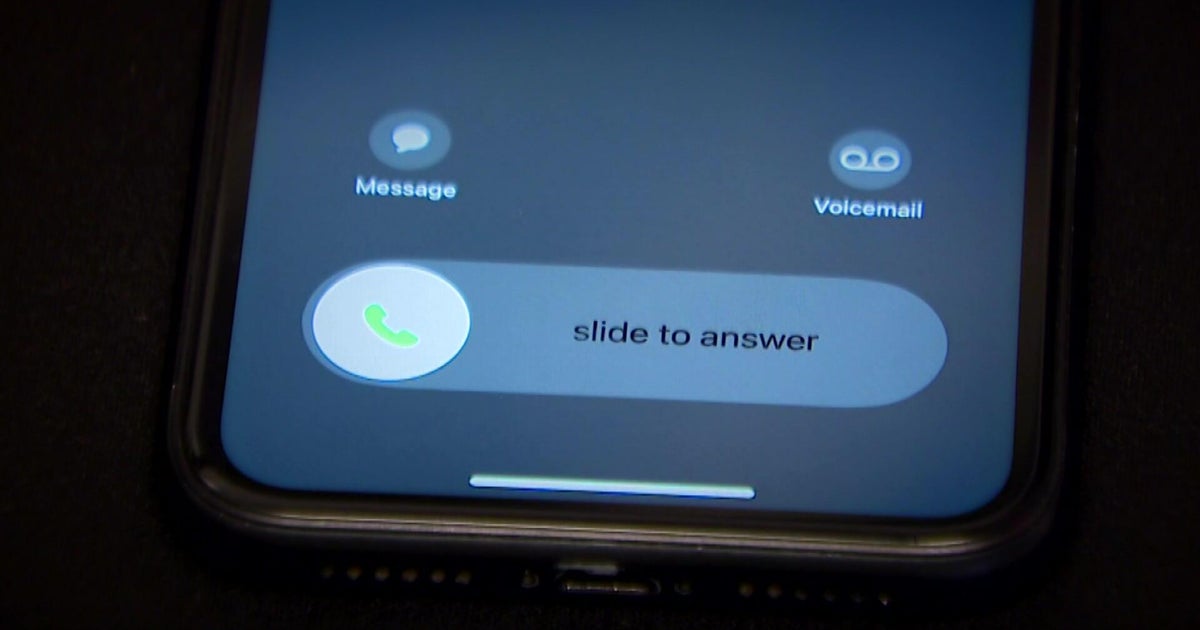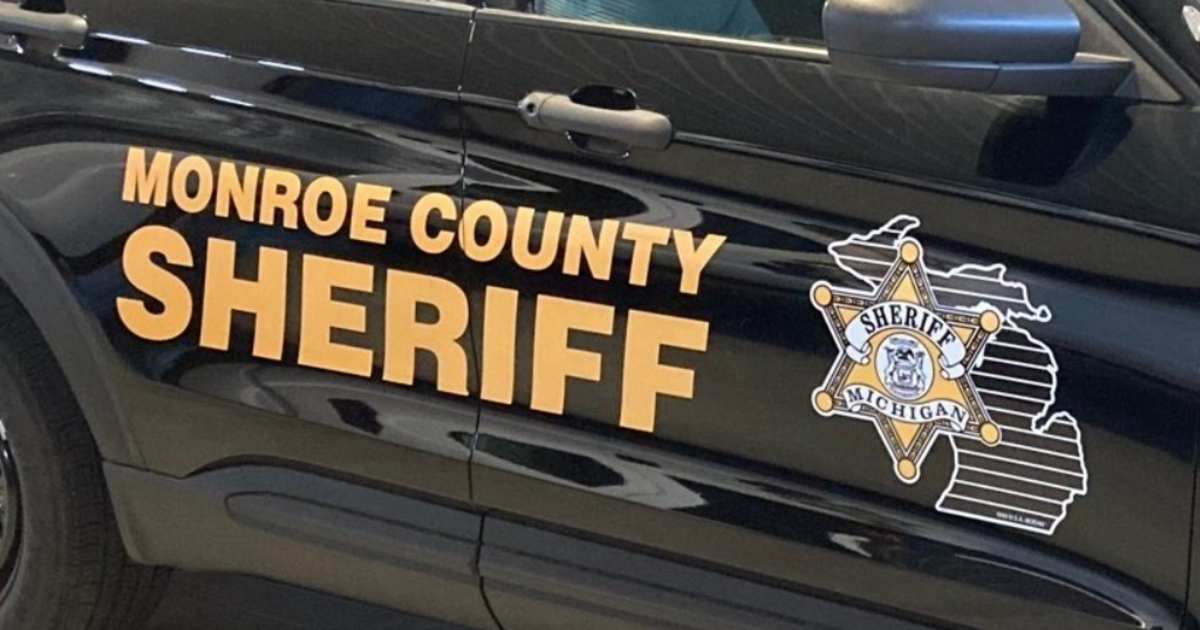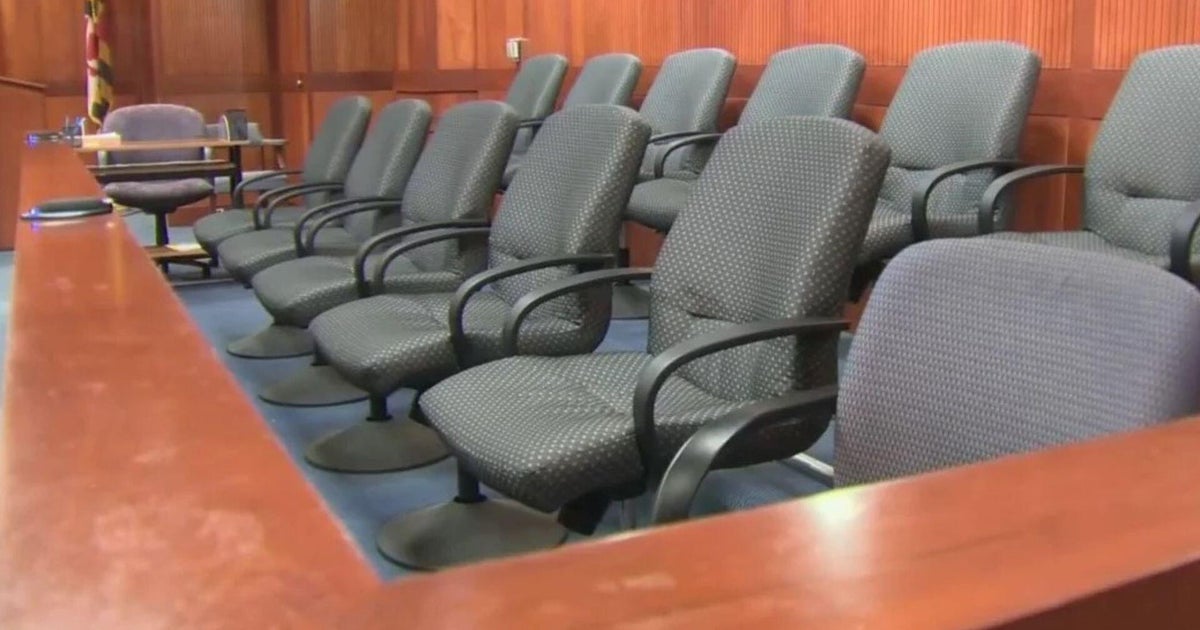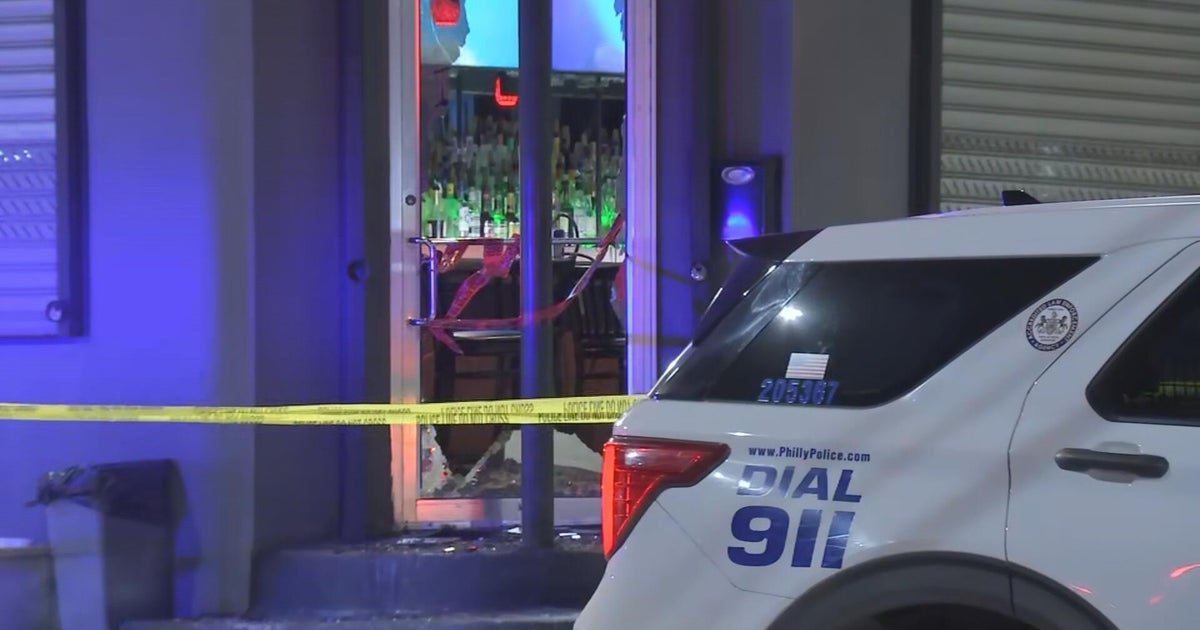BBB Says Biggest Scams Against North Texans Begin Over The Phone
NORTH TEXAS (CBSDFW.COM) - The Better Business Bureau released its top scams that hit DFW in 2018.
It appears scammers are getting smarter. They're using the same tricks and techniques over and over, right here in North Texas.
We know how the scammers are succeeding because victims are reporting the issues to the Better Business Bureau.
Virtually all of the biggest scams start in the palm of your hand: phone calls claiming you missed jury duty, have unpaid debt or owe taxes.
Mesquite and Dallas reported the most debt collection calls, while Ennis and Waxahachie reported the most tax collection calls, according to the BBB.
"The thing that kills us the most is that people think the government will accept gift cards," said Phylissia Clark, a spokeswoman for the BBB.
Clark said other calls offer financial help or even claim you've won the lottery.
Italy and Terrell reported the most "lucky winner" calls in 2018.
Every single call is designed to fool you into giving money or information.
"Most of the people that are cold calling you are from either Jamaica or Costa Rica," said Steve Baker, the lead investigator for the BBB.
The third biggest scam in DFW targeted people looking for work. These calls were made by criminals posing as real companies.
"They will ask you to fill out a form, and ask you to give all of the information you think is necessary to get a job and you'll end up having your identity stolen," Clark said.
The number two biggest scam: Online purchases, which target shoppers looking for the best deal.
"A lot of times we'll see that people will buy things offline and they'll find out the company has no contact information, no way to reach, no refund policy posted and then they're just out of luck," Clark said.
The number one scam that hit DFW in 2018: phishing.
Emails and texts that look legitimate are heavily hitting work accounts.
"You're apt to click on the link if you think it's from your boss," Clark said. "And that link will install malware on your computer, sometimes ransomware that they'll use to hijack your computer and extort money from you."
Look for these red flags when receiving any call, text or email: a sense of urgency, a request to pay by gift cards or wire transfer and unknown links.
The best advice for 2019? Be vigilant and verify everything.
"Always keep your guard up, always be careful because for everything you learn, a scammer's gonna find a way around it," Clark said.
Another way to see if an email is a scam is to hover your mouse over any links to see where it will take you before clicking on it. Anything with lots of dot coms, hyphens or slashes are questionable.
If these emails come to your work address, forward it to your IT department. Otherwise, delete the emails.







